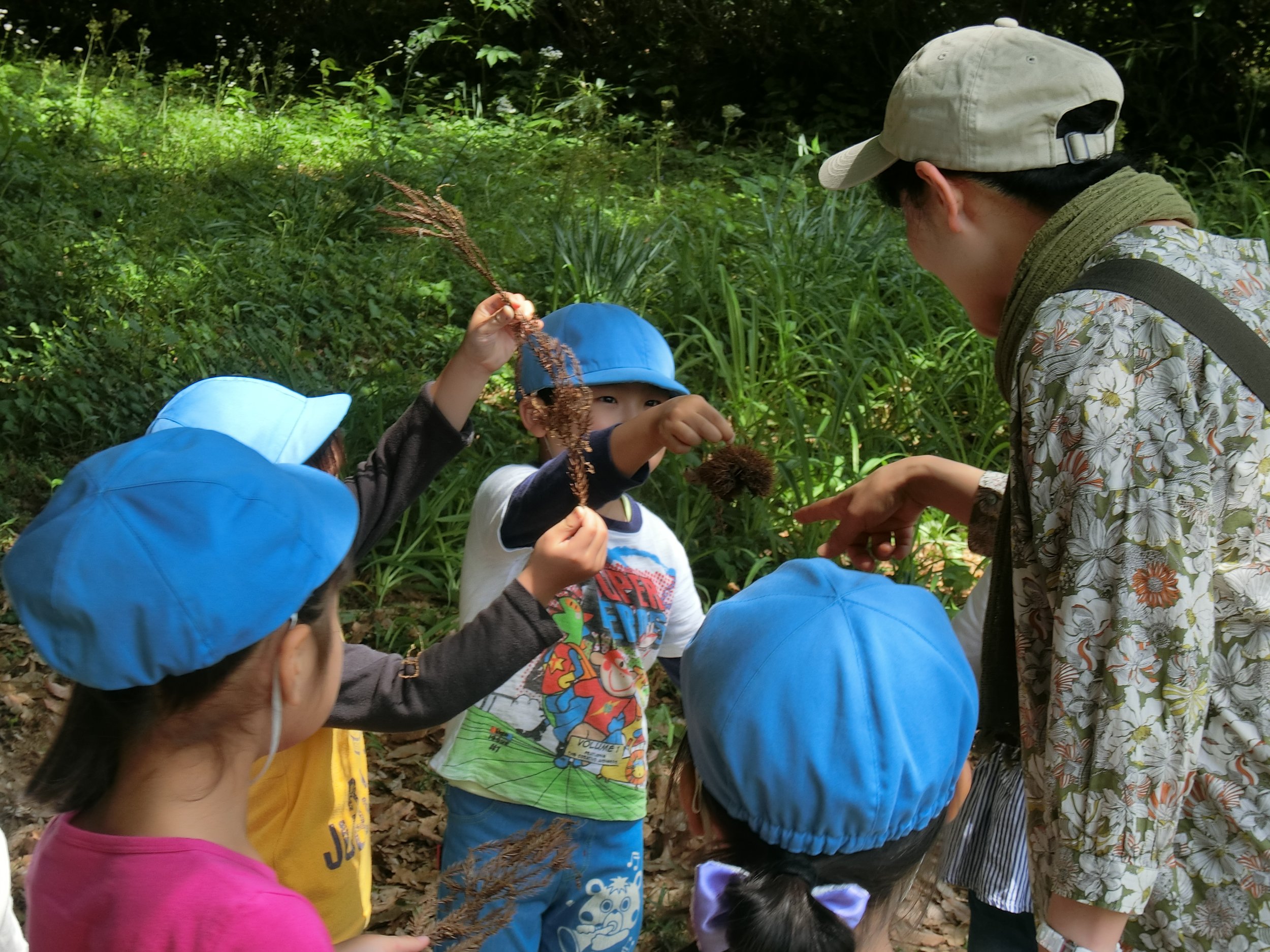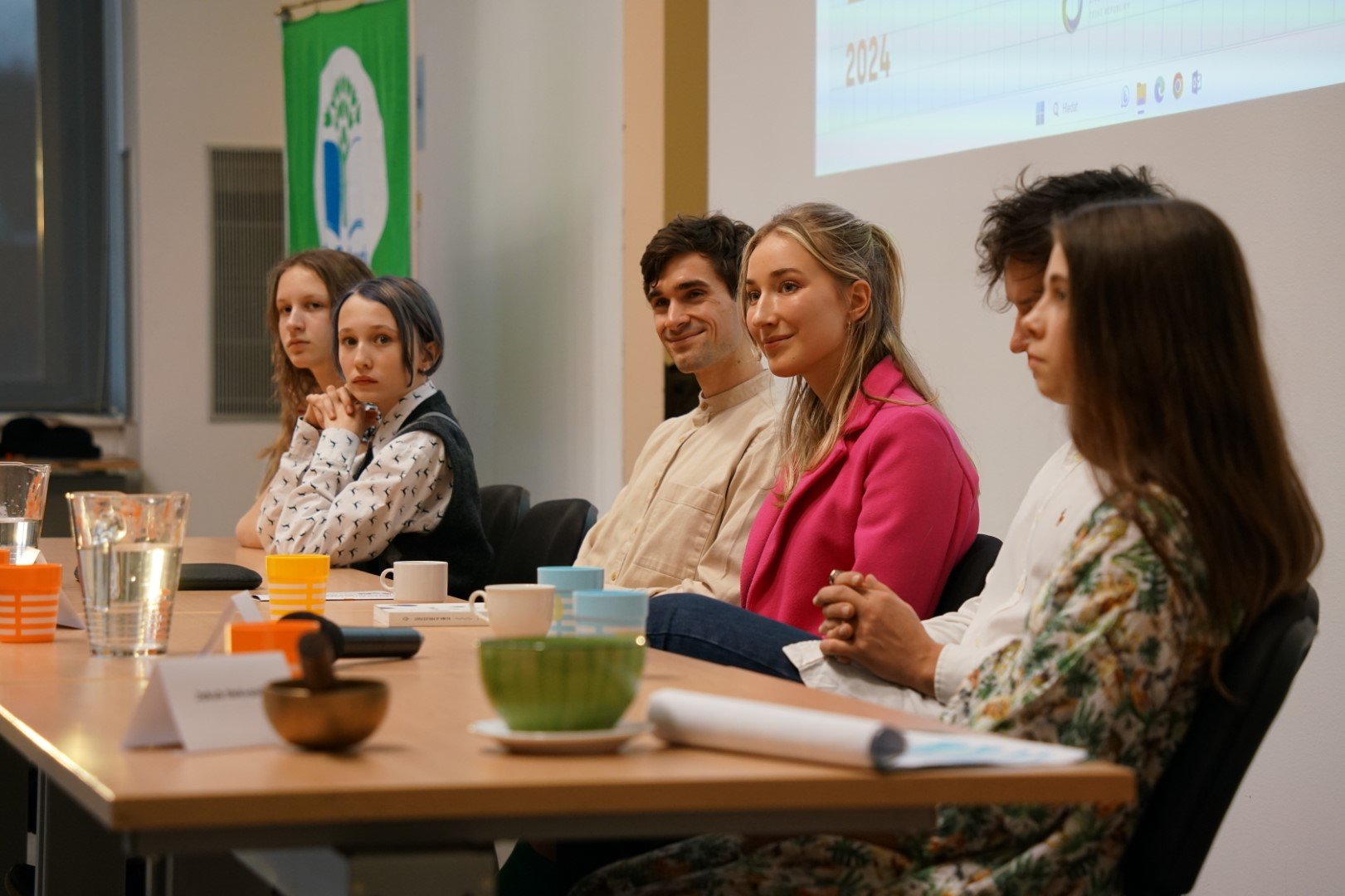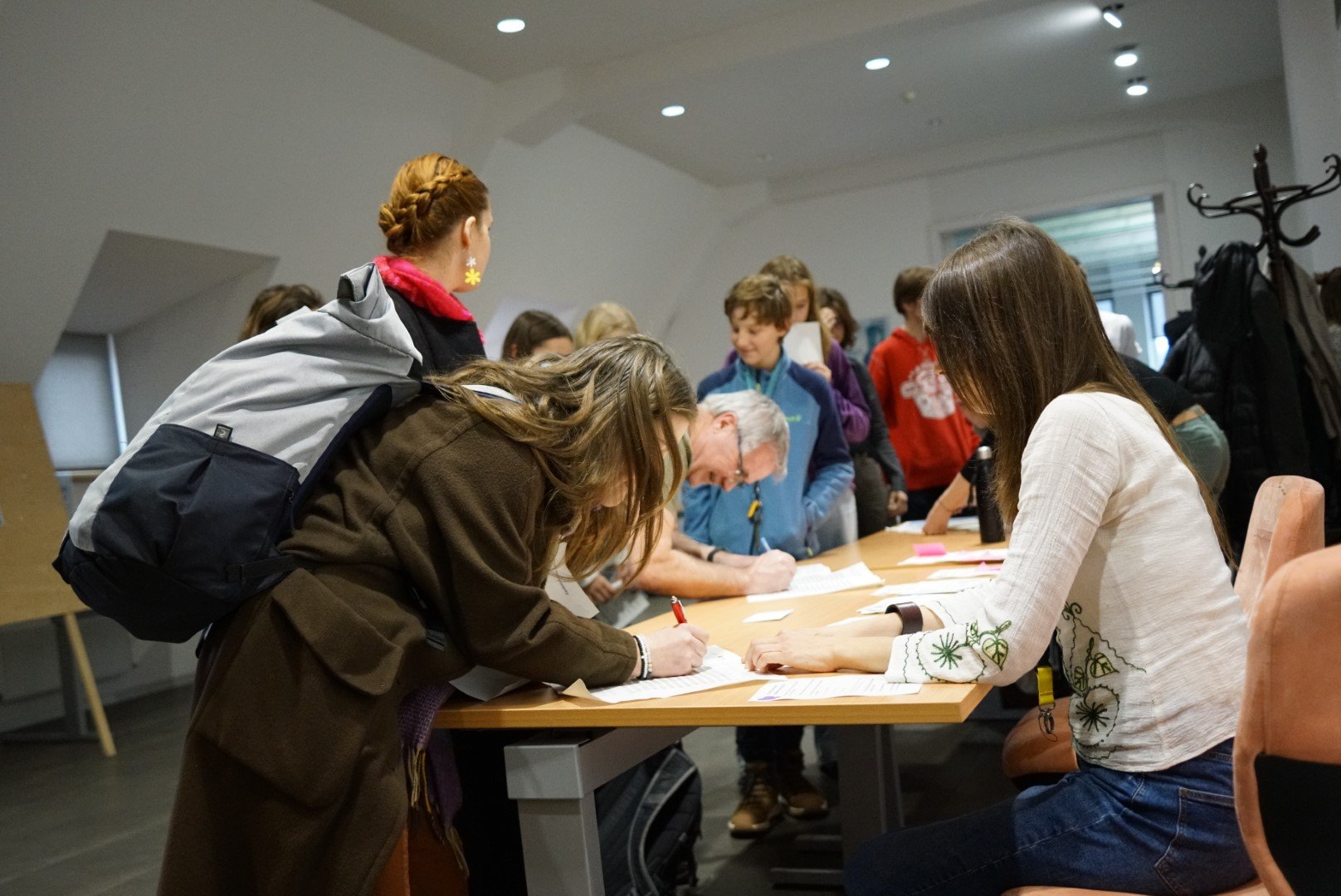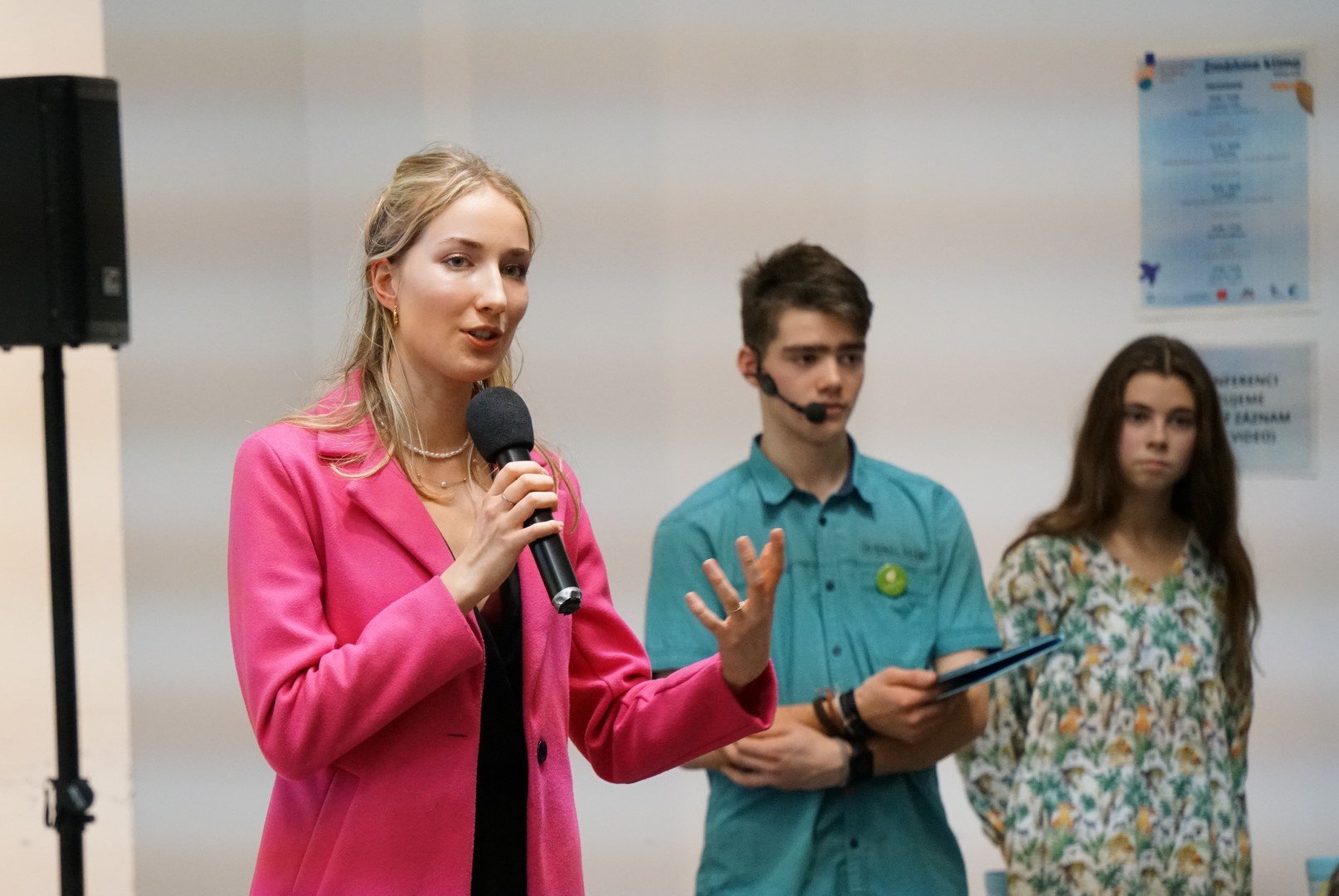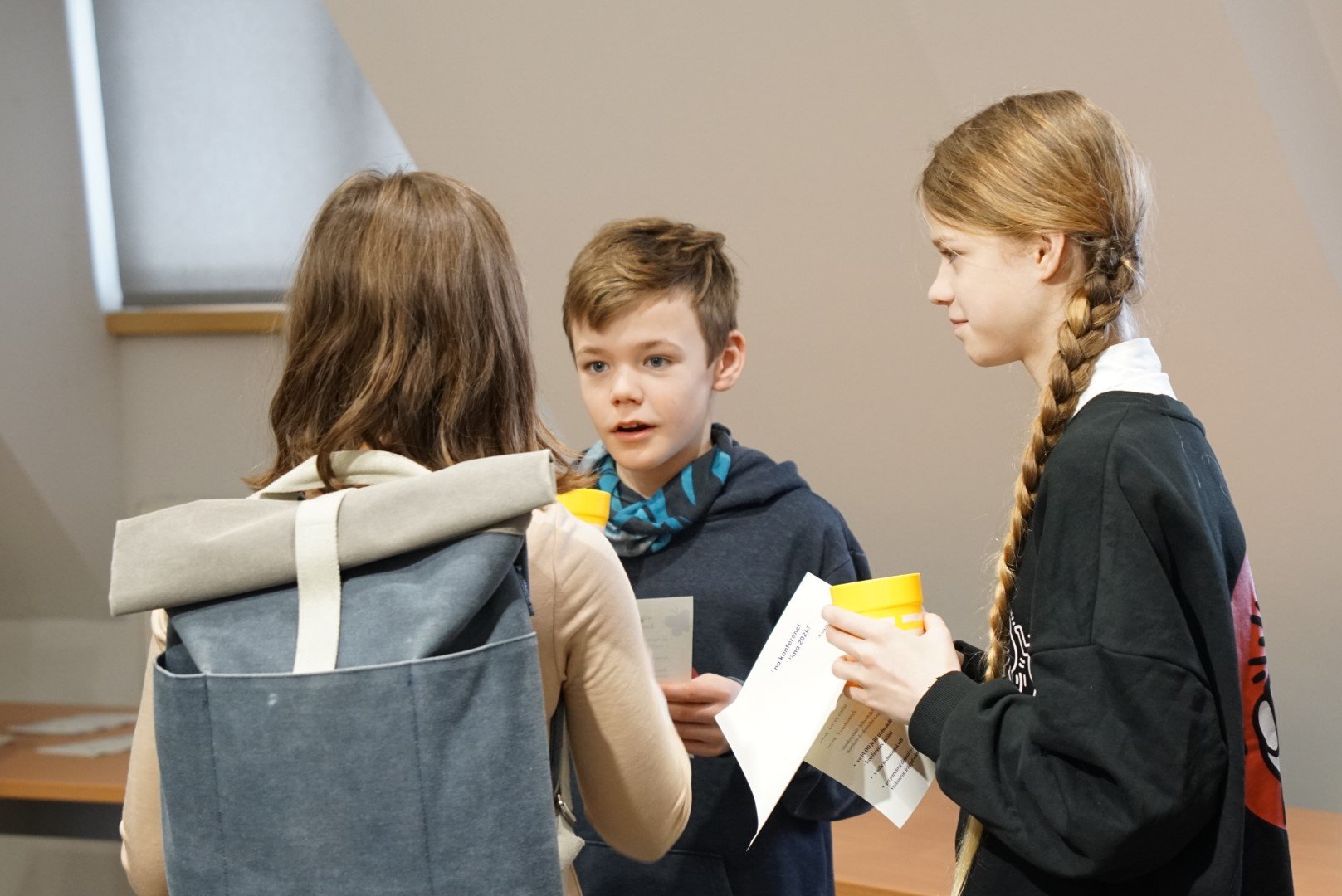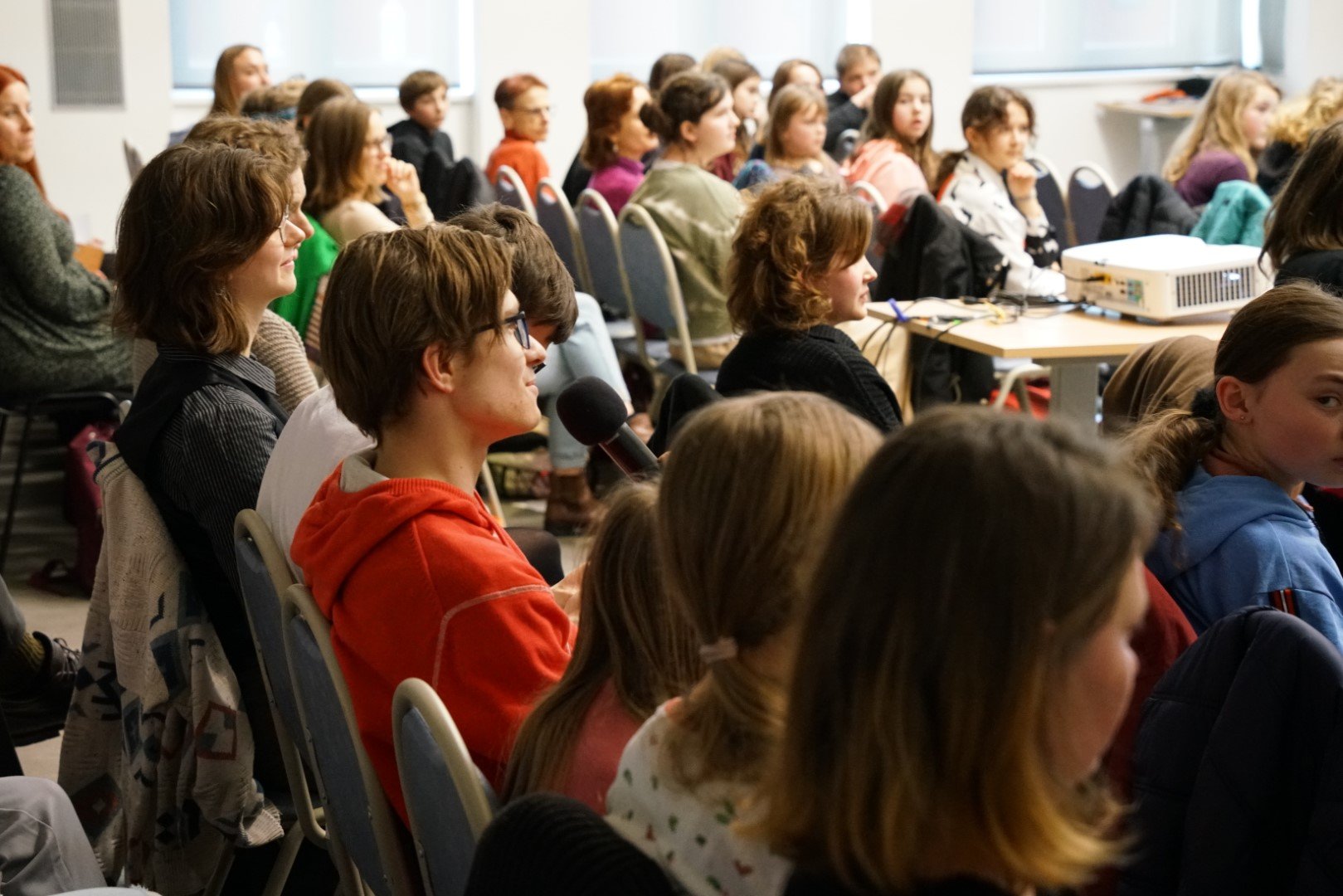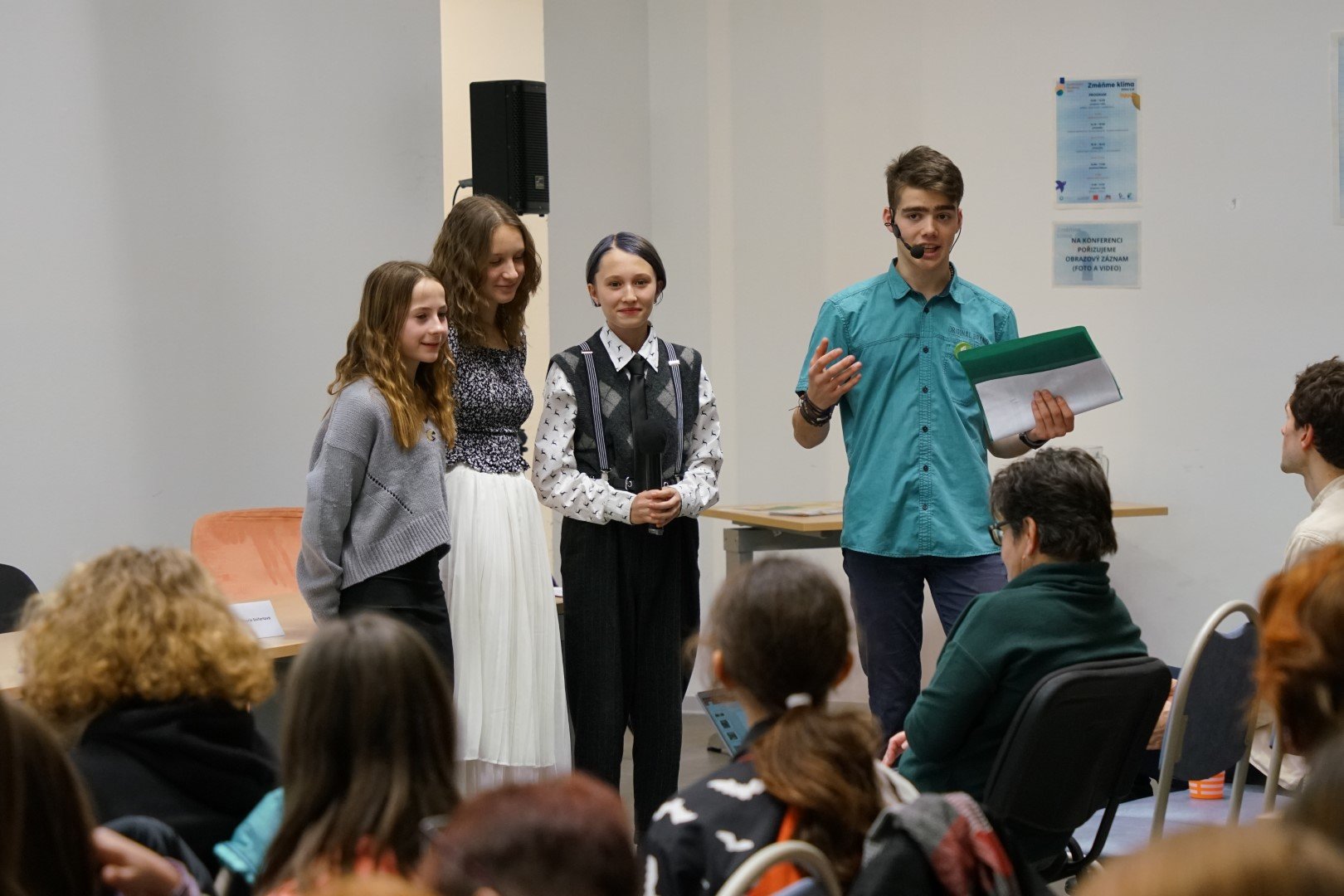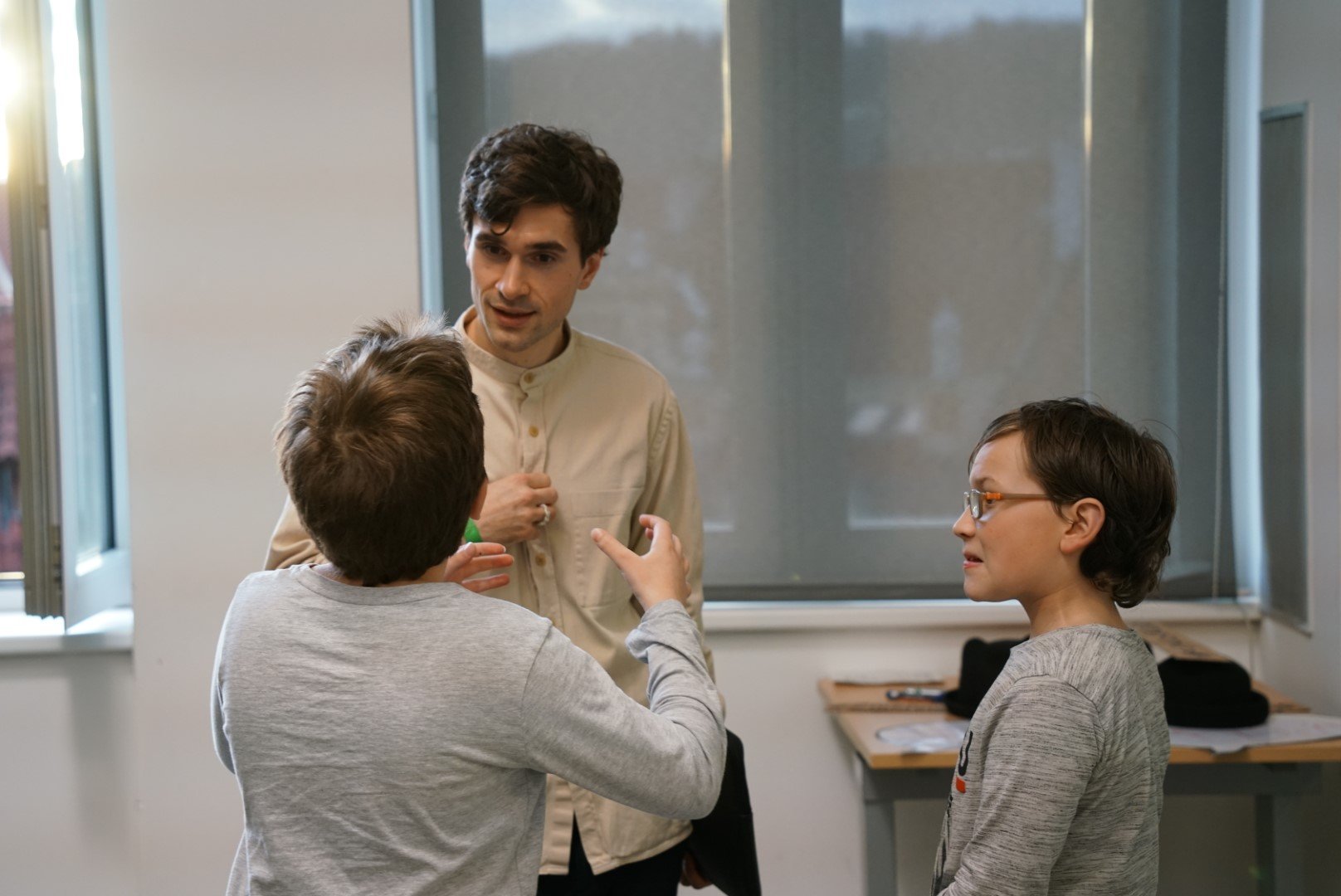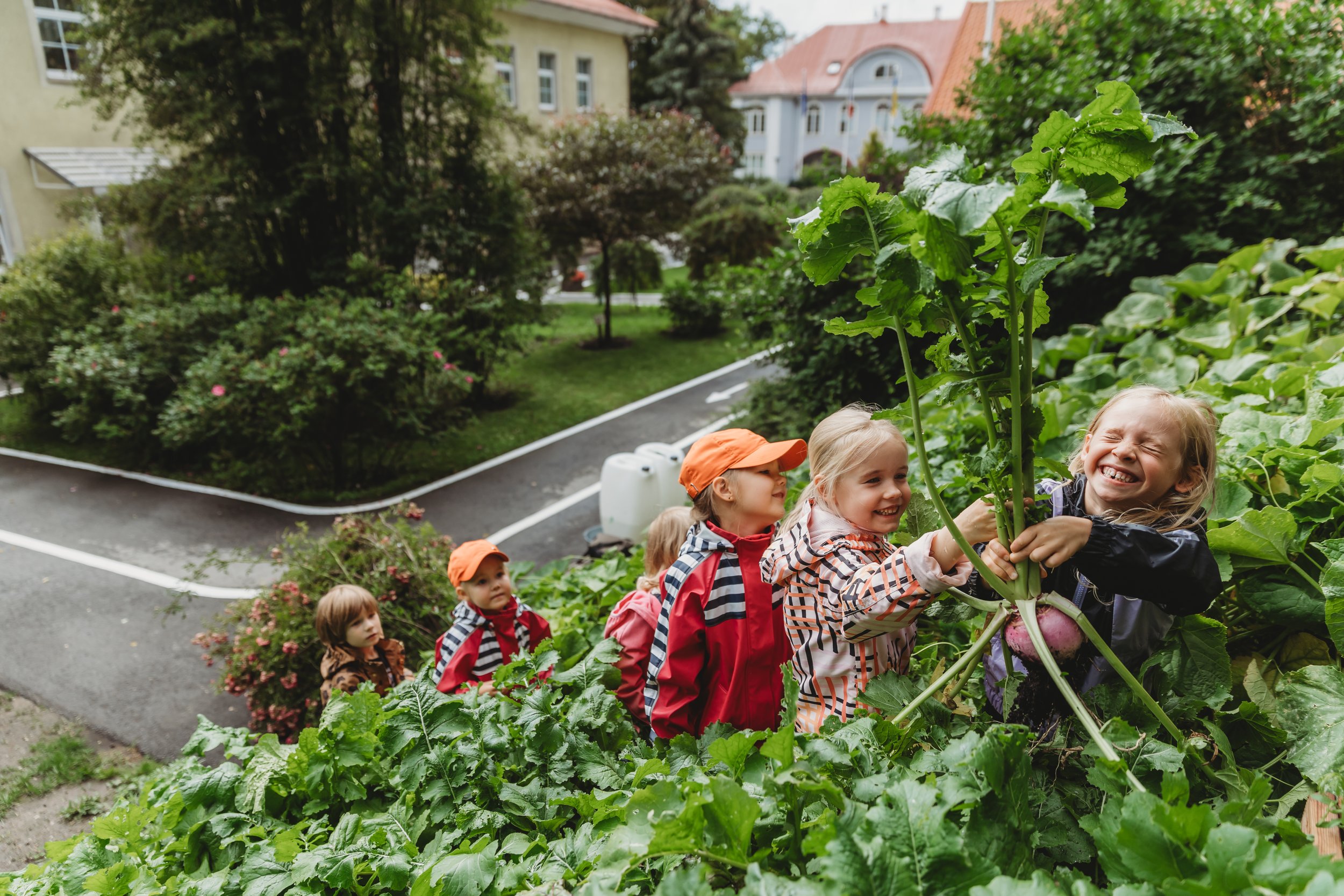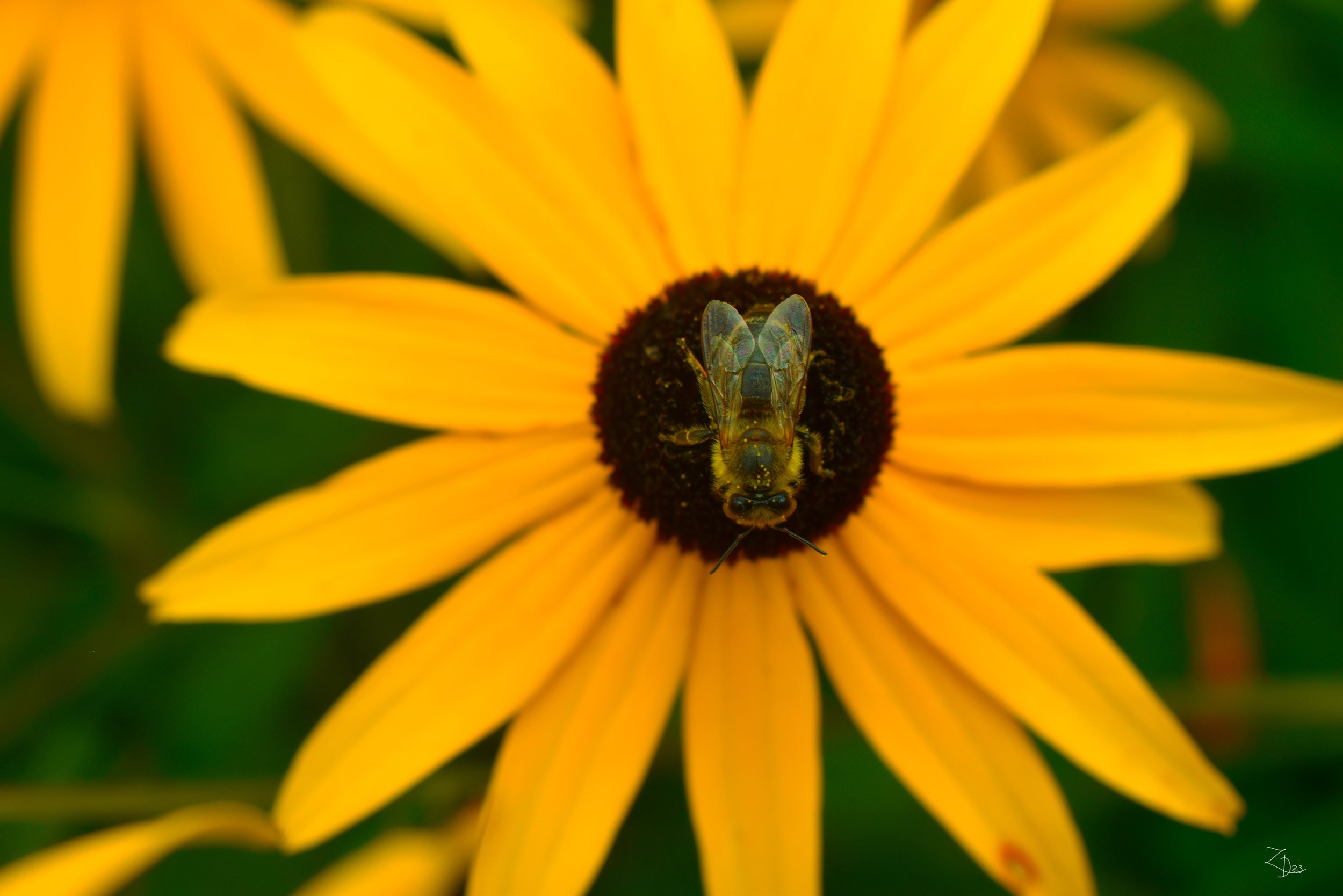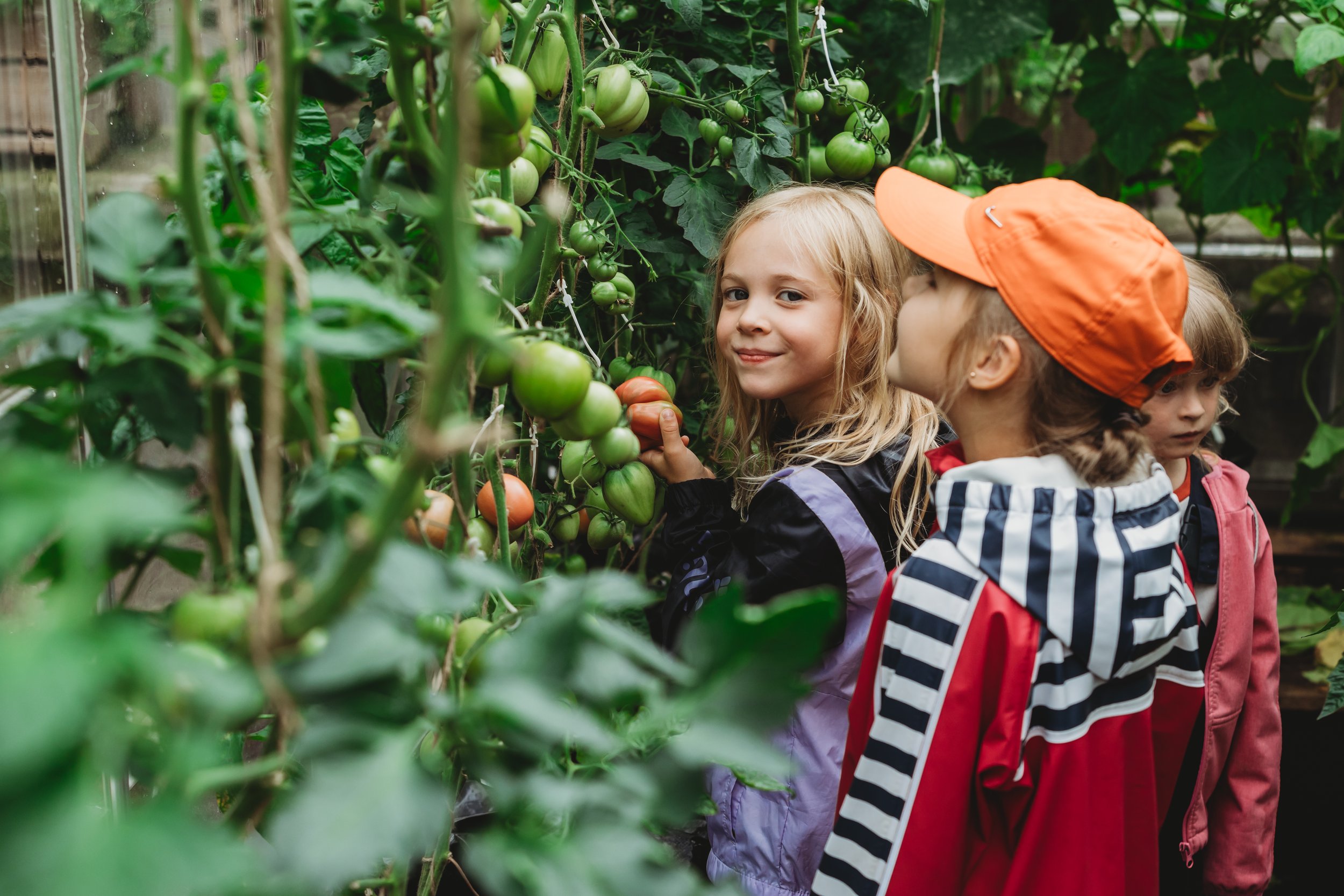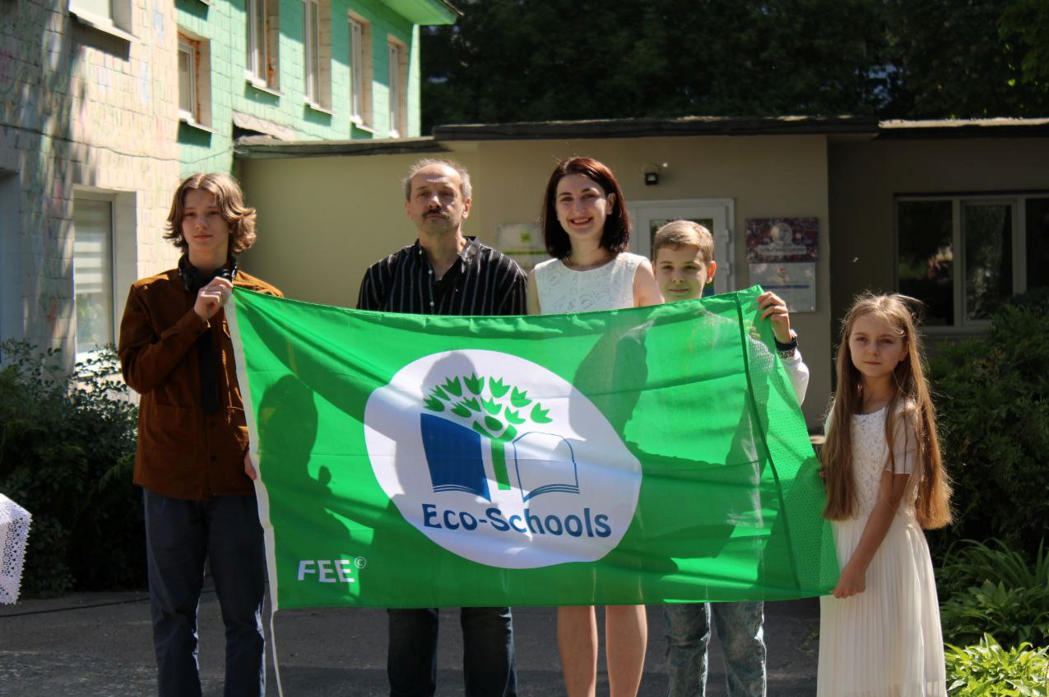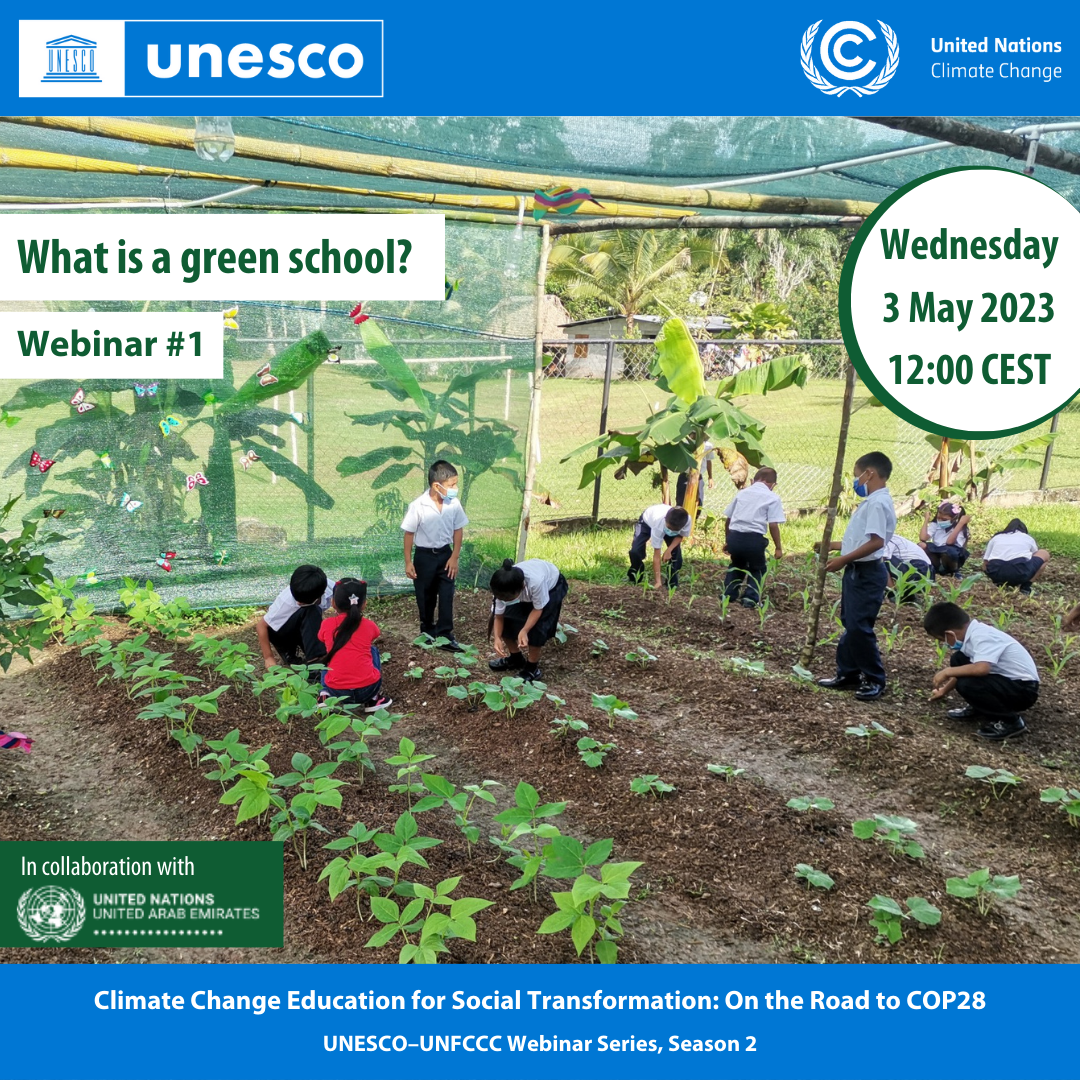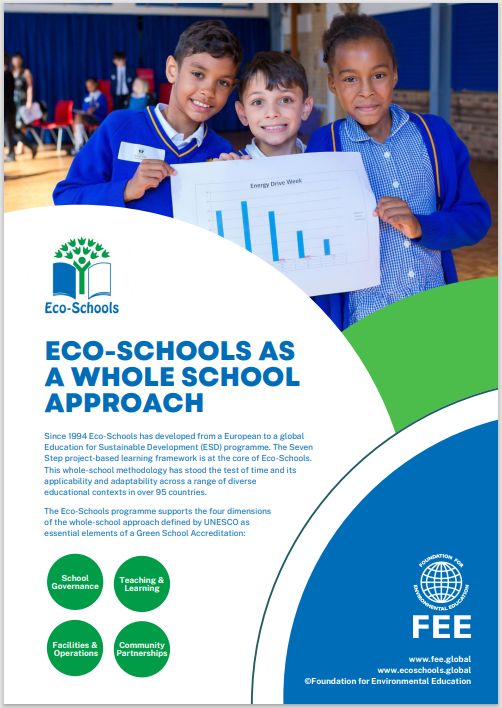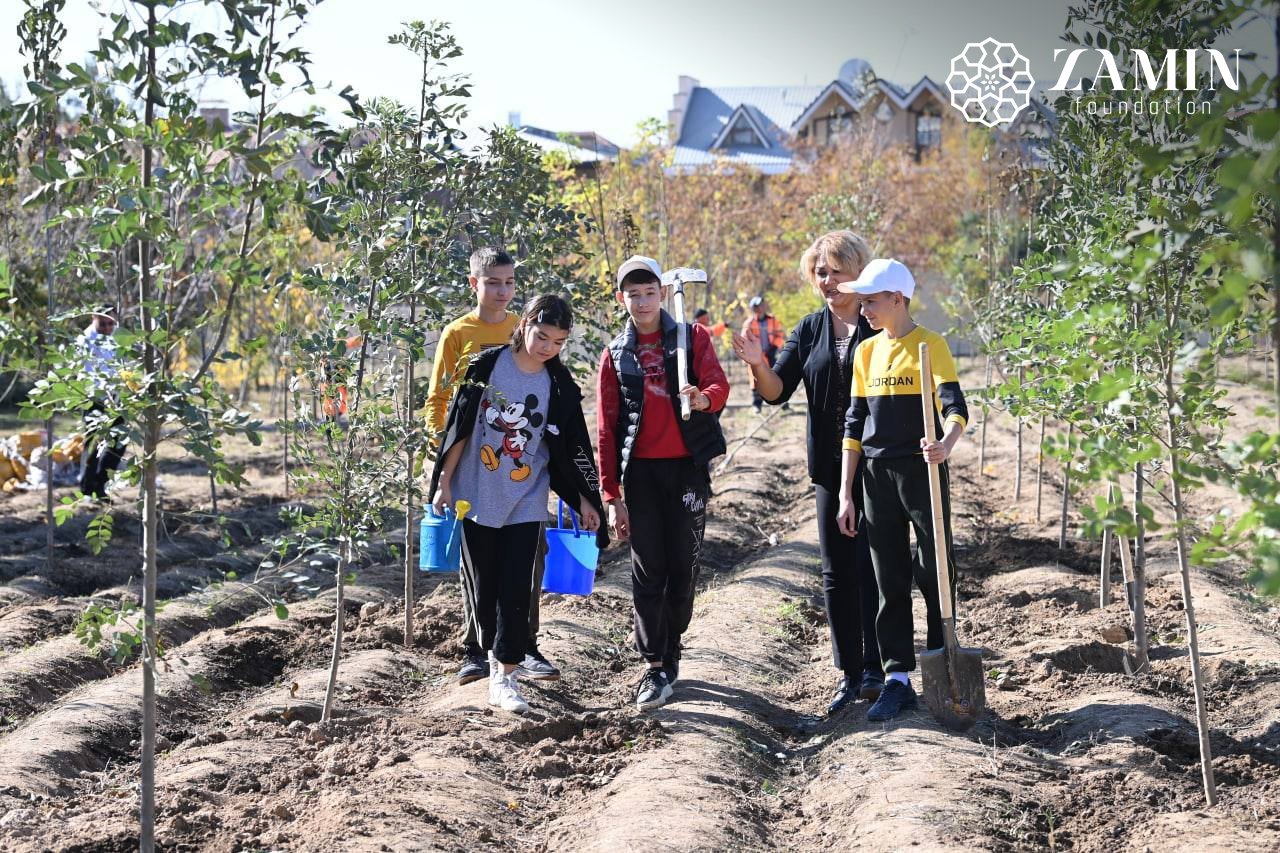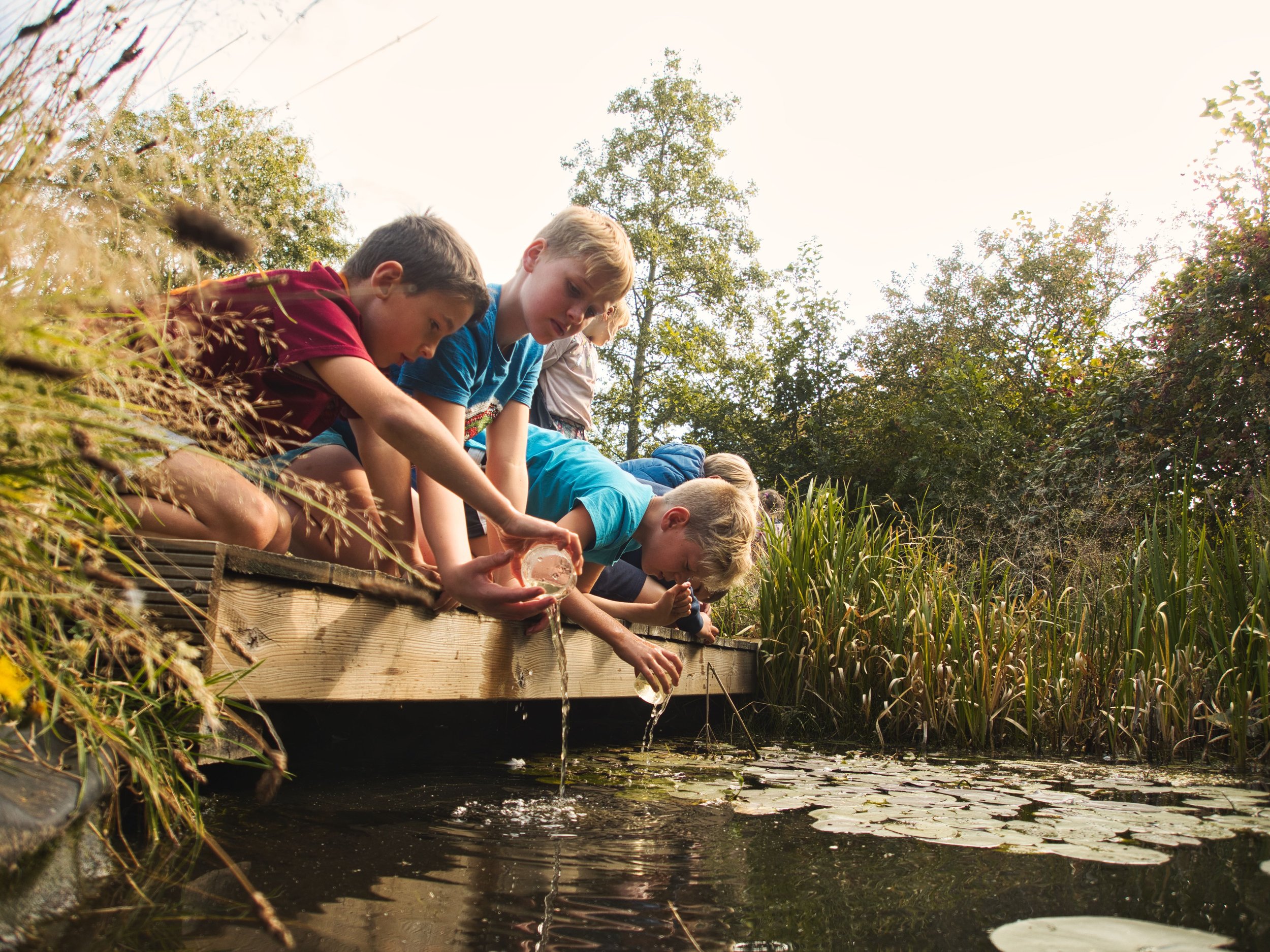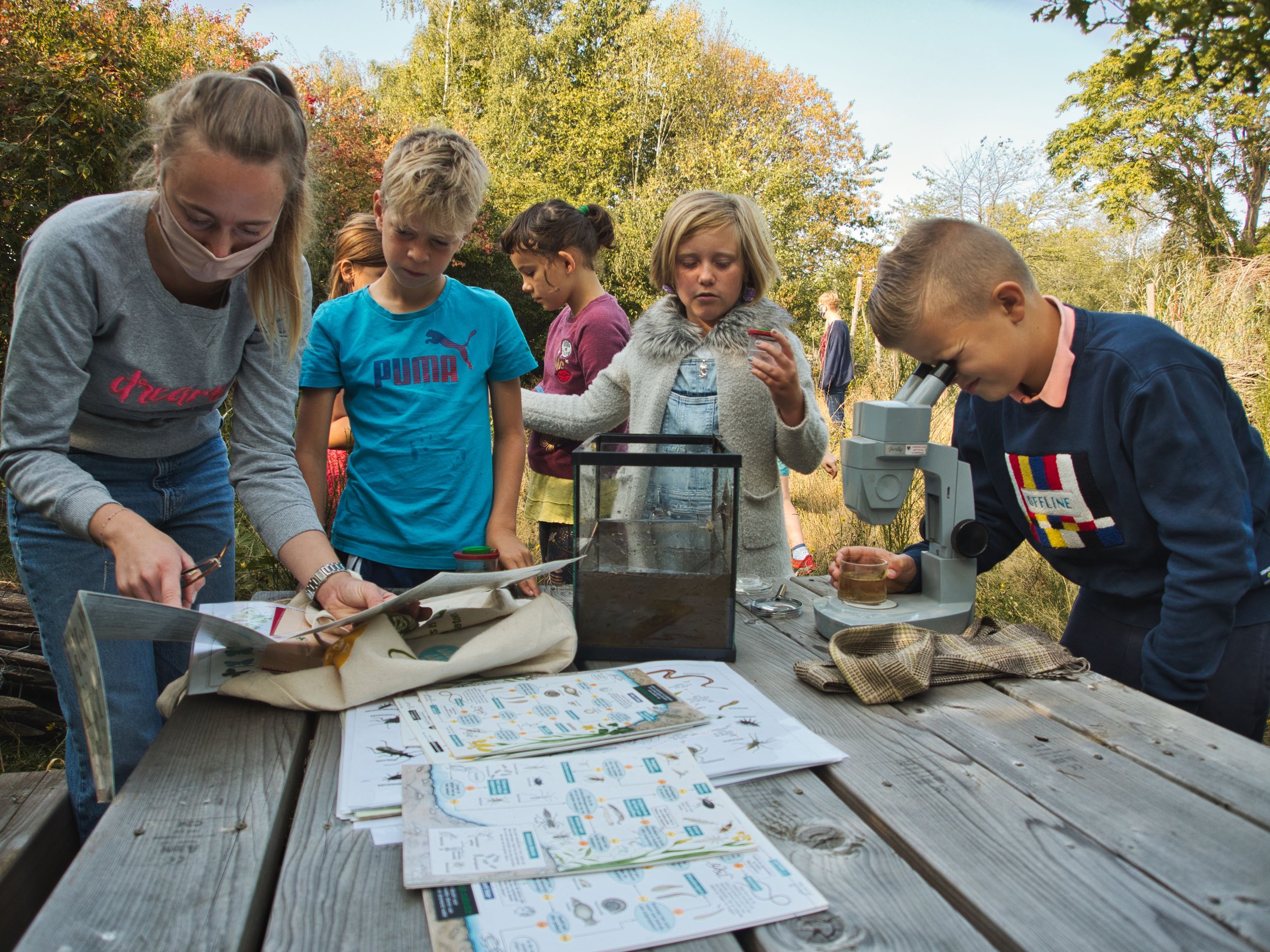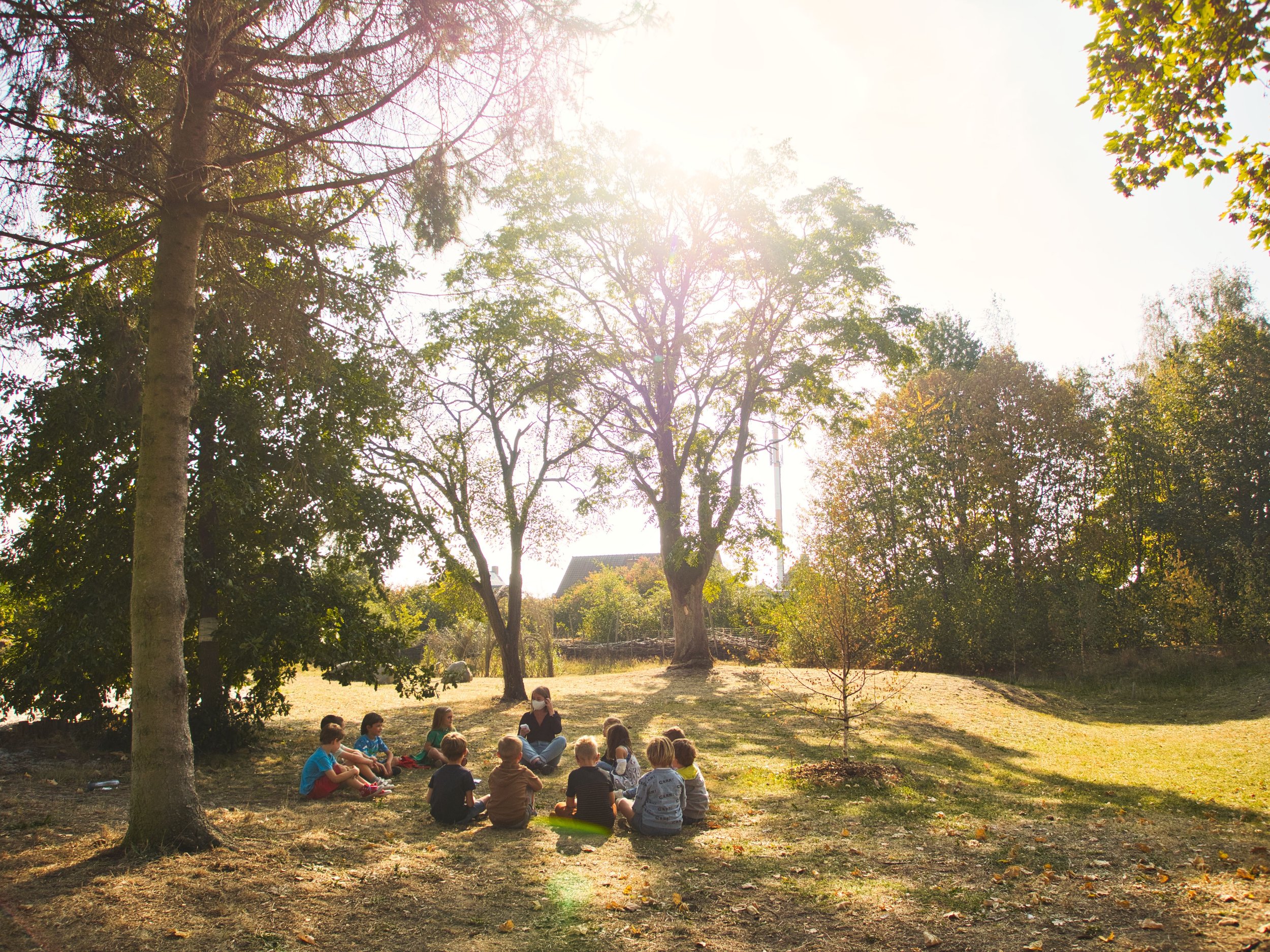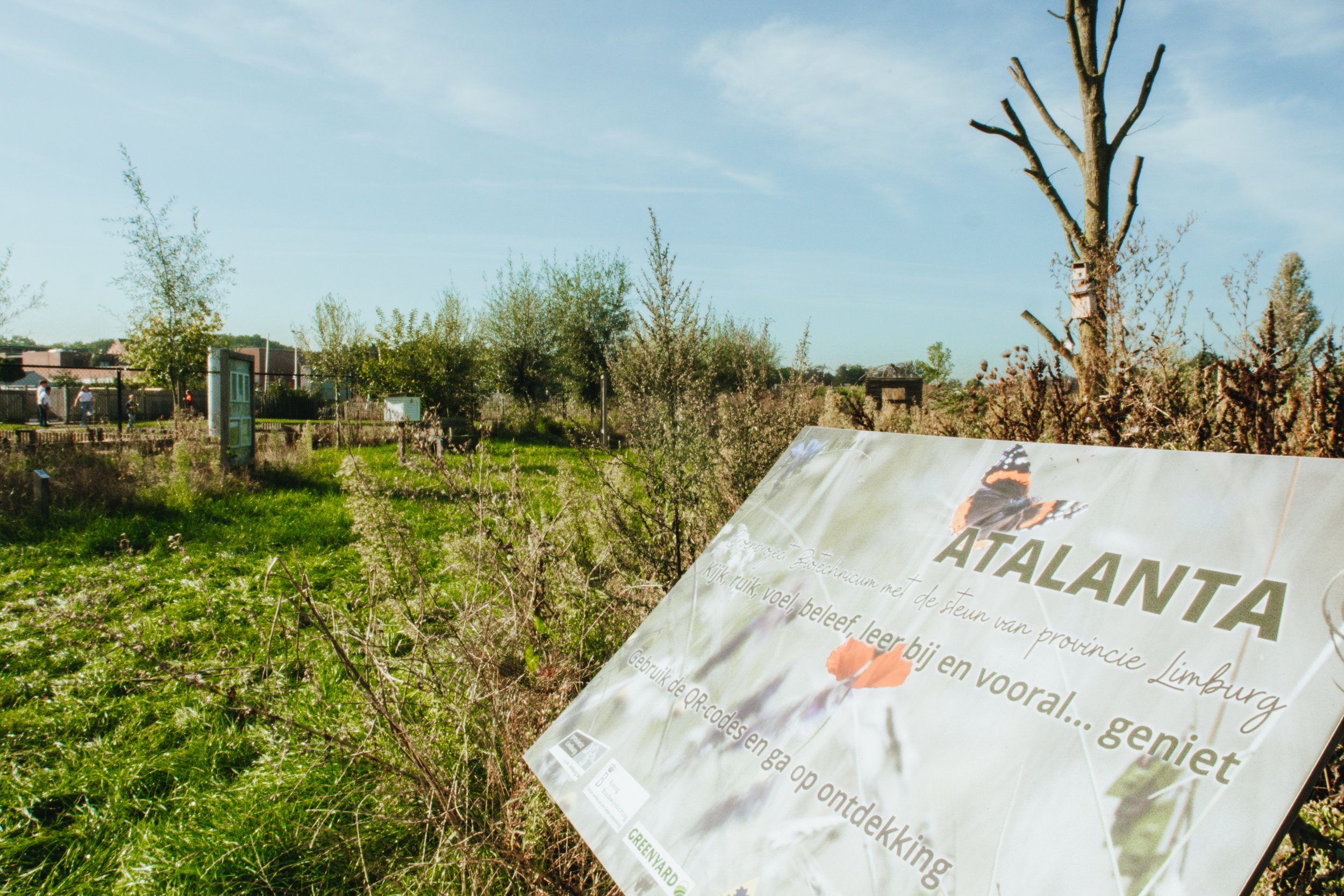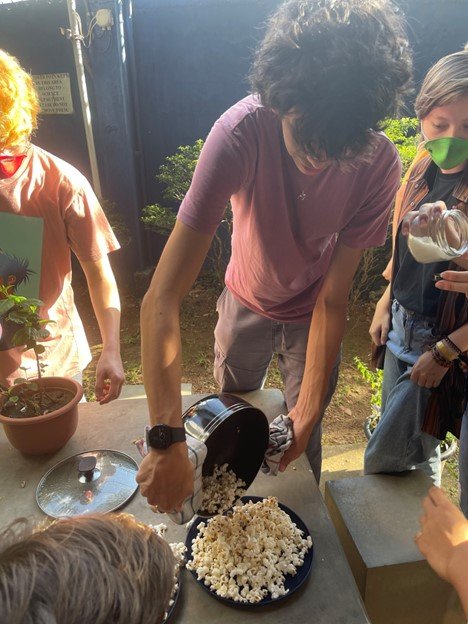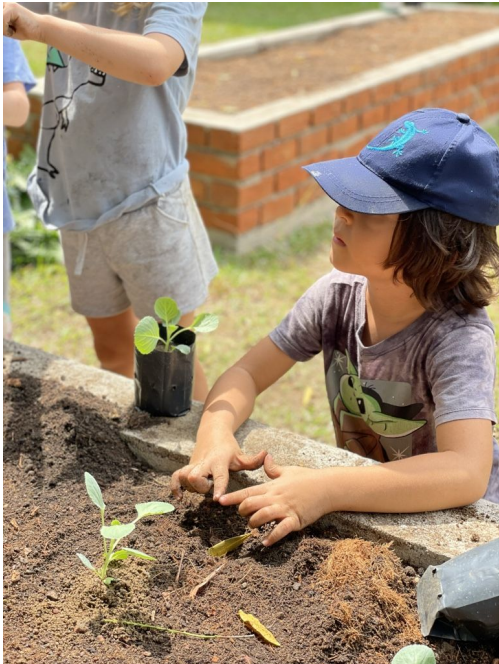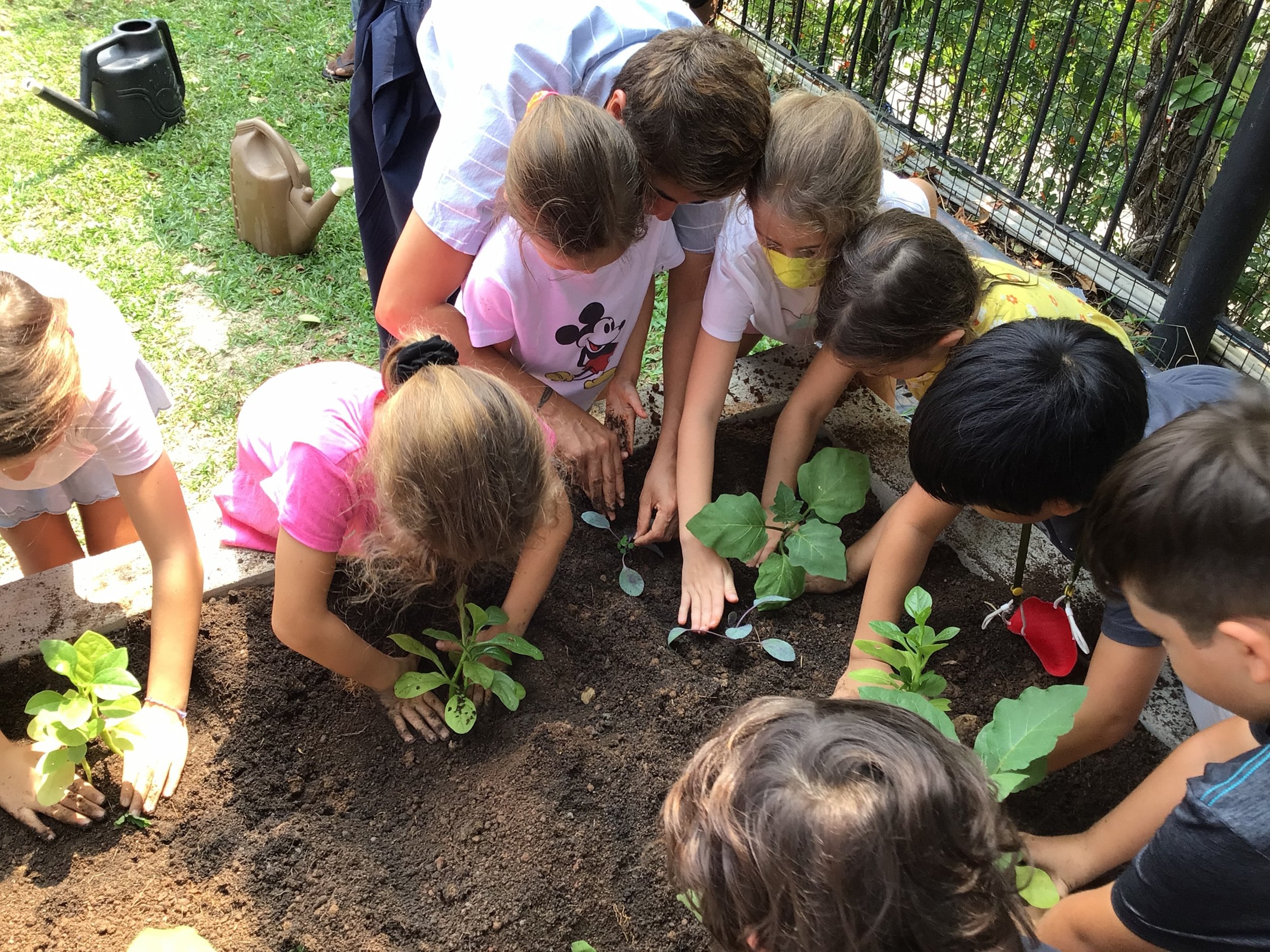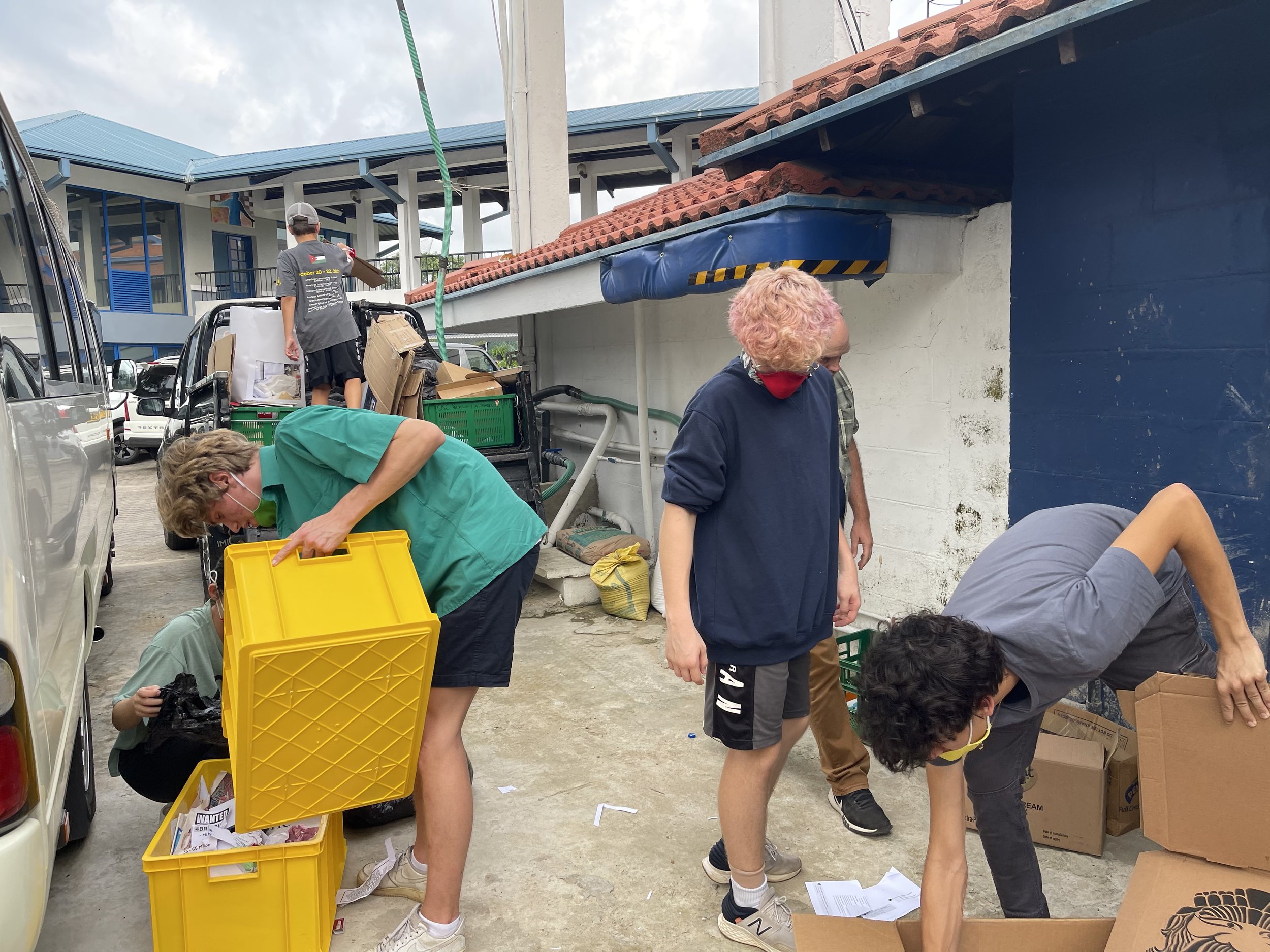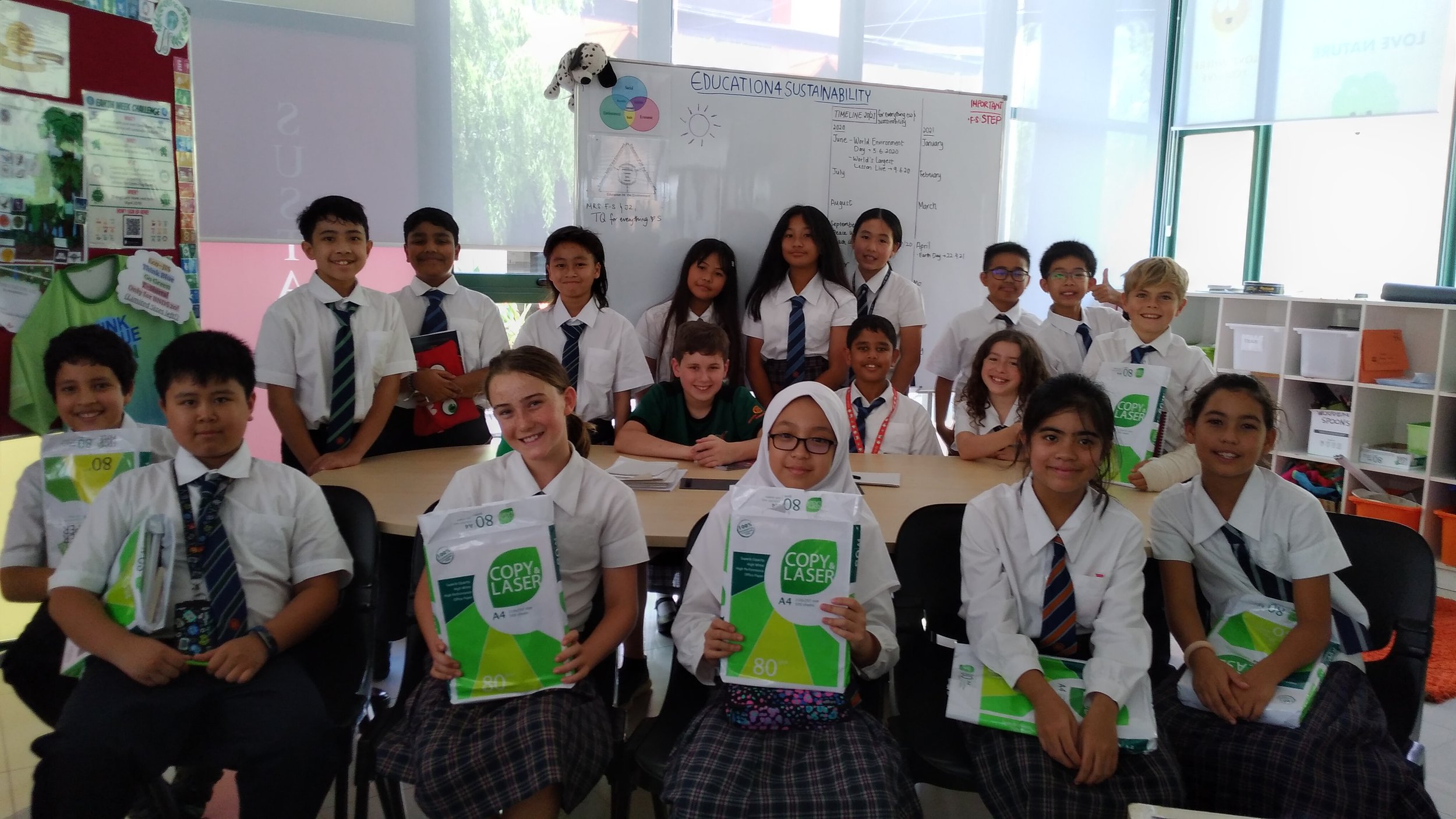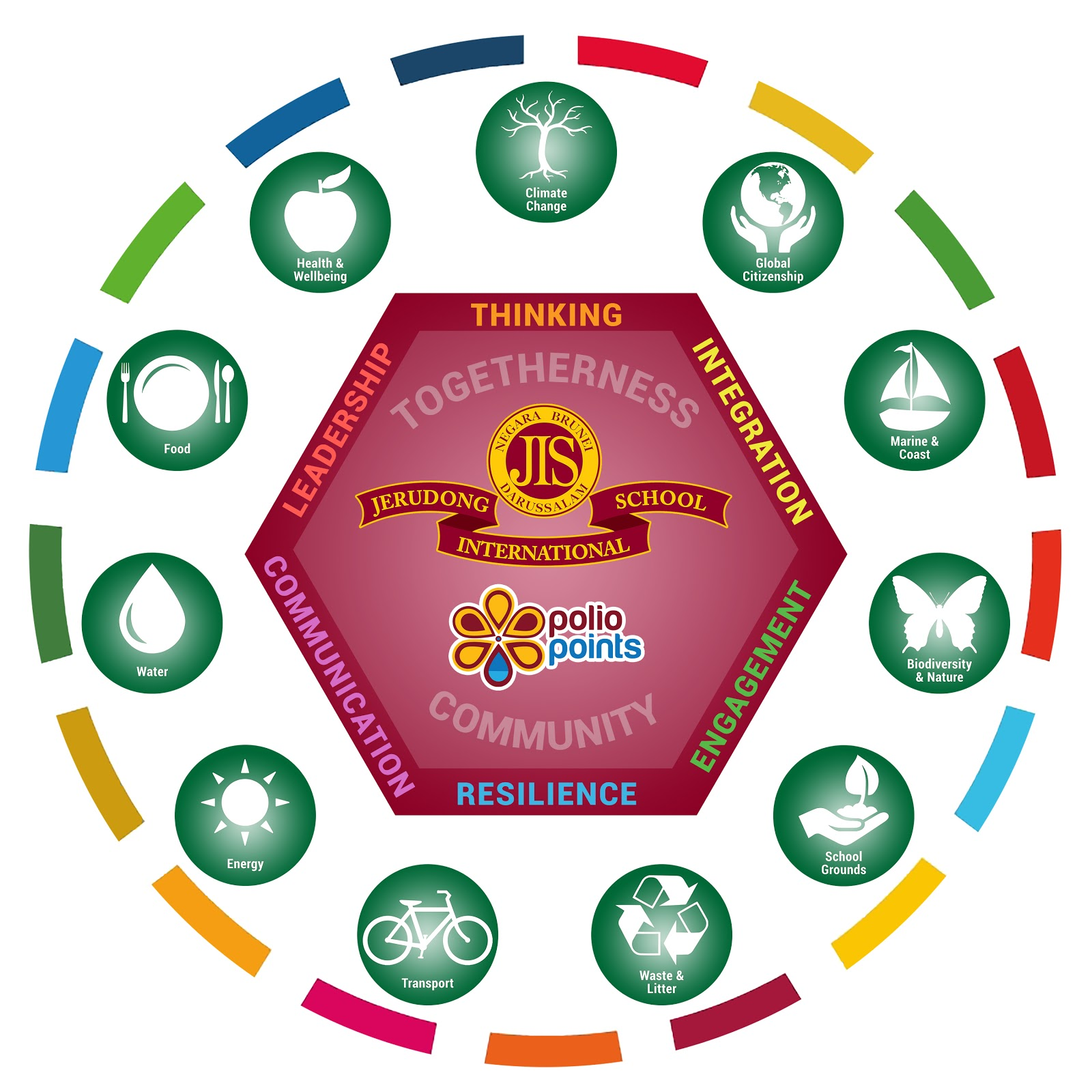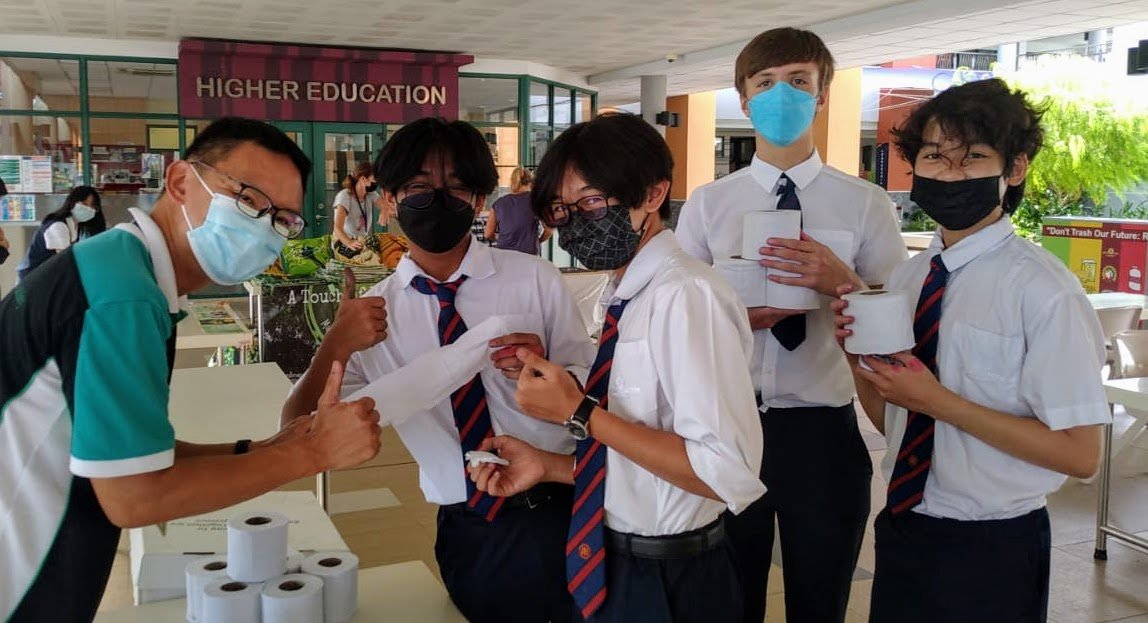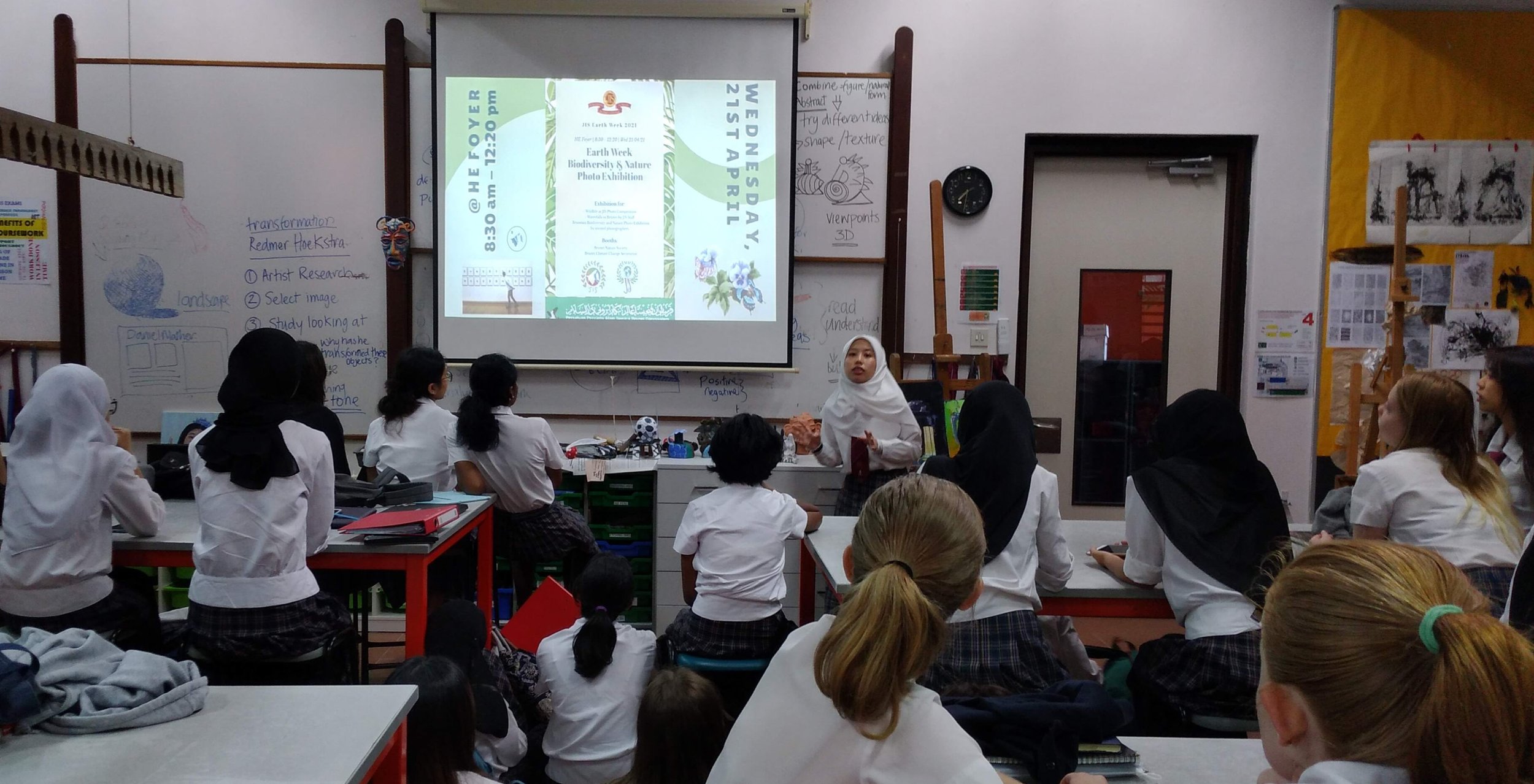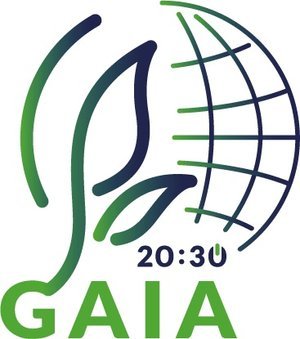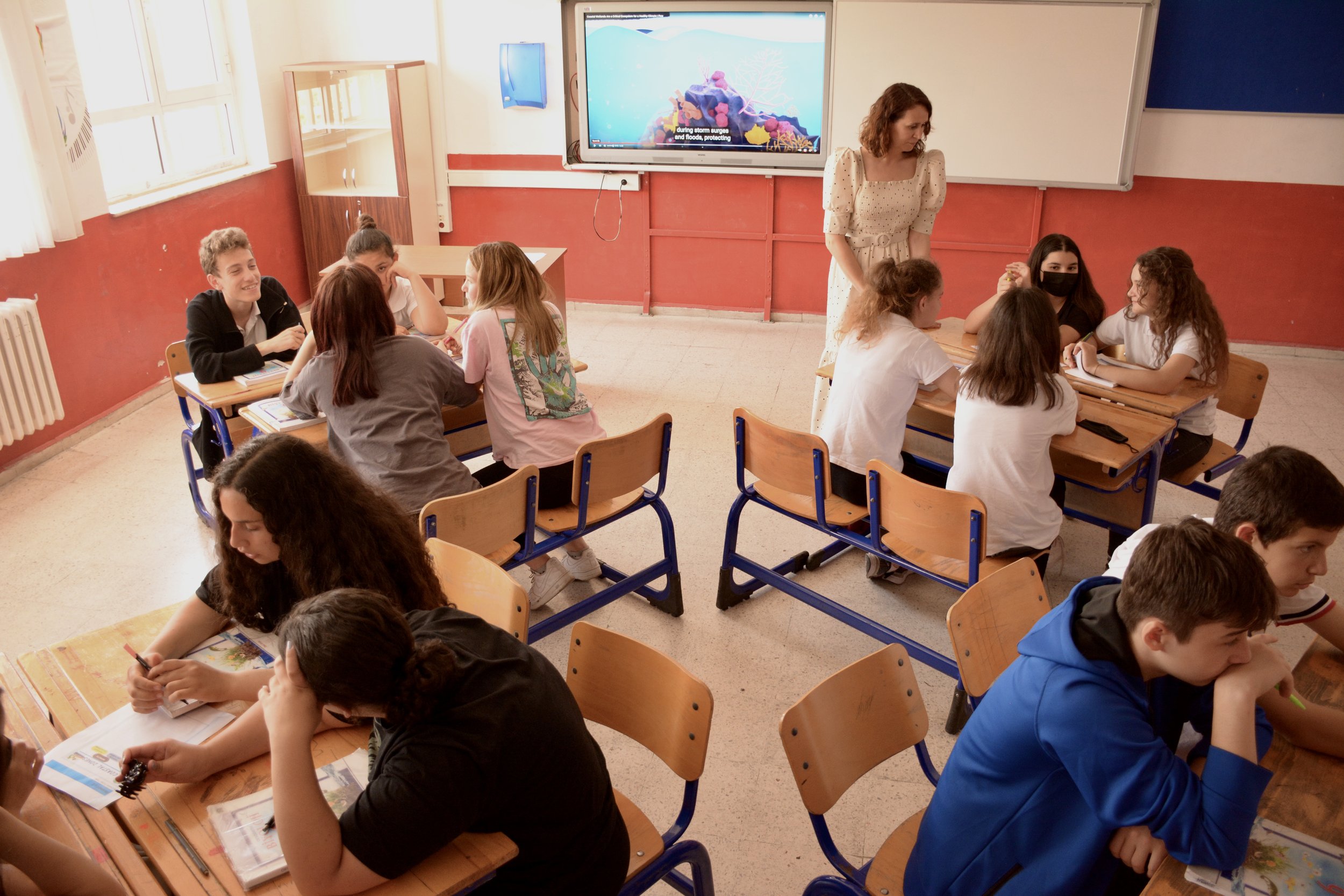SMALLEST AUSSIE SCHOOL YET ACHIEVES PRESTIGIOUS GREEN FLAG ACCREDITATION!
SYDNEY, AUSTRALIA – 28 NOVEMBER 2022
Keep Australia Beautiful (KAB) is thrilled to announce the smallest school to achieve Green Flag Accreditation through Eco-Schools Australia, Belltrees Public School, NSW. The Green Flag is an international accreditation that has recognised and rewarded young people’s outstanding environmental actions for over 25 years.
Belltrees Public School is a rural school, located just west of the Barrington Tops National Park in the Upper Hunter Shire, NSW. The school currently consists of four students, one full-time principal, four p/t teaching staff, and three p/t support staff. The school is the 5th in Australia to be awarded Green Flag Status, an inspiring example proving that size and geographical location are no barrier to what can be achieved.
To be awarded the Green Flag, schools must “go beyond short-term environmental projects and entrench sustainability into the school culture, through democratic youth-led eco-councils, curriculum built around sustainability and working closely with the local community” says the National Eco-schools Program Manager for KAB, Hailey Durham. This is achieved by meeting seven criteria which must also tackle multiple environmental themes.
Belltrees have done just that with their extensive range of initiatives, from building their own orchard, farm, and veggie garden to the installation of solar panels and powerpoint timers, just to name a few. “We get to work with livestock every day and learn about how animals help the environment.” Says Belltrees student Angus, “One of my jobs is to help move the sheep around so that their poop goes into the ground to give the earth nutrients and make the soil better.”
One of the schools’ major projects is their “Ponds System” which was created to alleviate the issue of top-soil erosion run-off into the Hunter River which causes blue-green algae accumulation. Excess Blue-green algae reduce oxygen levels in the water affecting wildlife and means livestock are unable to drink the water.
Belltrees tackled the issue by diverting run-off to the school’s pond where they planted grasses, ferns, and reeds, which have welcomed back frogs, birds, and rich bug life. Once the water runs through the pond, it travels over their orchard for further processing and through “leaky weirs”, which slow the flow of water allowing the system to process chemical build-up and capture vital topsoil before returning the water to the Hunter River.
The school has also been proactively involved with the local community including conducting excursions with regenerative agriculture farms and running field days to pass on their knowledge. “We have done a project called GAIA, which stands for Green Annual Innovation Award. We find problems in our school and make videos with solutions to show what we can do to help the environment” shares Renzy, a Belltrees student, “In March we went on an excursion to visit 7 farms and they introduced us to their ways of helping the environment. At a farm called Taylors Run, they used trees to fence off the sheep to stop them escaping, rather than needing an actual fence and we were able to recreate this idea in our own school”
“I swell with pride about how our students are leading the challenge to become environmentally conscious citizens. Their will and enthusiasm to apply learned concepts, experiment to improve and seek further understanding about problems faced, is inspiring.” – Shane Roberts, Belltrees School Principal.
The Green Flag presentation will take place on Tuesday 6th December 2022 with the Mayor, Cr Collison in attendance. Belltrees aim is to be “the greenest little school in Australia” and hopes to shortly achieve net-zero emissions. We congratulate them on their amazing efforts and know they will continue to achieve wonderful things on their sustainability journey.
“The Green Flag initiative allows us to recognise and reward the efforts of every teacher and pupil who strive to become more sustainable, connecting to their community. We hope this announcement highlights that all schools, big or small, can achieve the Green Flag, inspires others, and leads us all to a greener more sustainable future.” David Carter, Executive Board KAB.
Click here to find out more about the Eco-Schools Australia program




